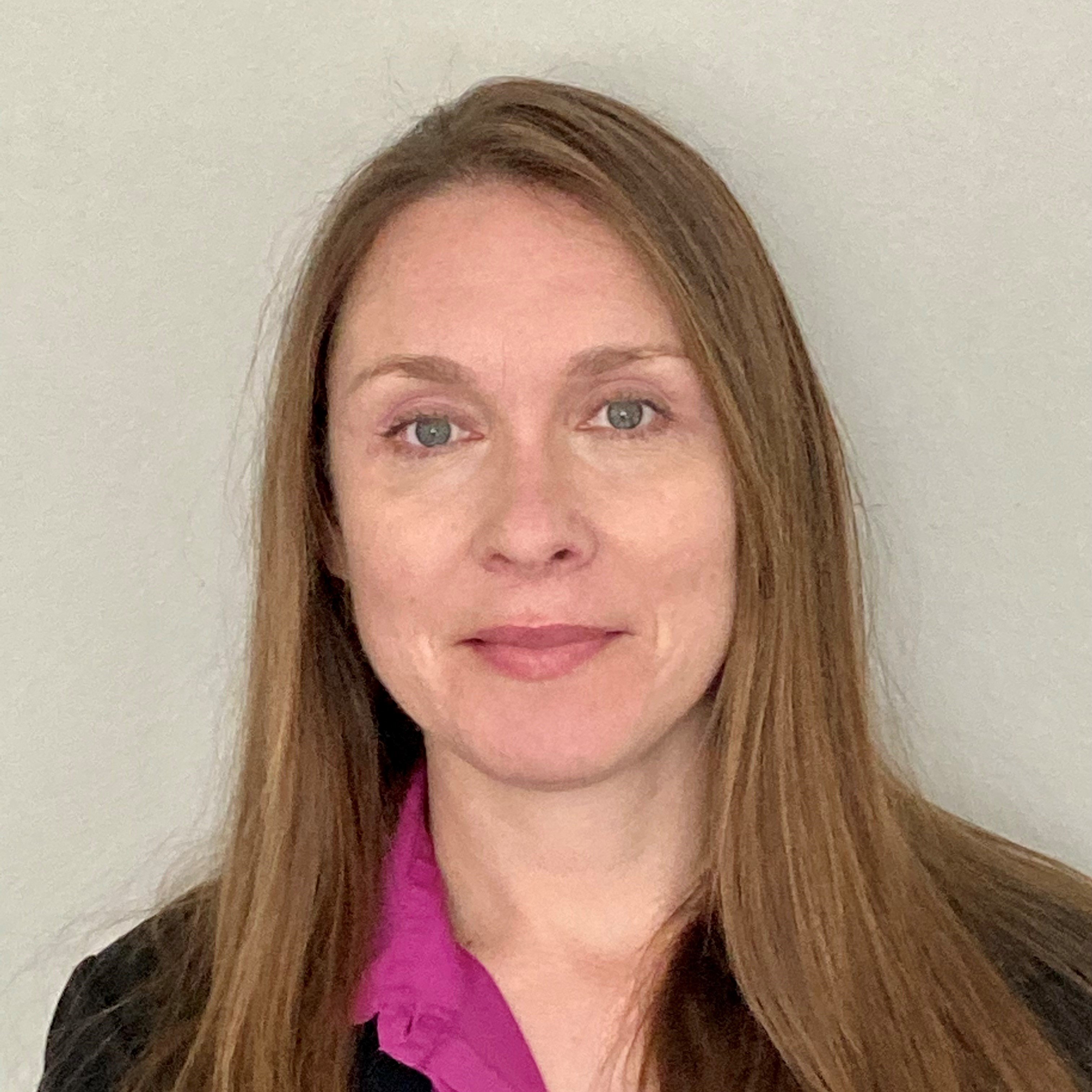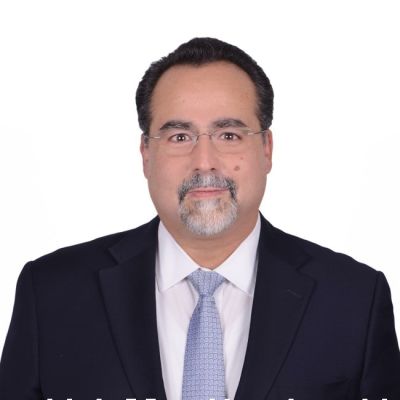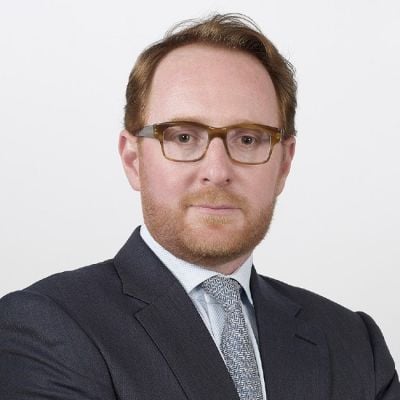
Key Takeaways
The following are a few of the main takeaways from COVID-19 Africa Watch’s conversation with Iyinoluwa Aboyeji, Founder & General Partner, Future Africa:
The uncertainty introduced by the COVID-19 has led a number of institutional investors to pull back from investments in African startups. The premise of Future Africa is that retail investors may be willing to fill that gap.
Retail investors are increasingly interested in startups, in part because of the volatility and uncertainty of traditional savings vehicles at the current time. The FinTech sector is moving into a second generation of companies focused on issues beyond payments to include savings and investment.
COVID-19 has revealed the profound impacts of the quality of governance from one country to another, and there may be opportunities for the private sector to help advance better governance models on the continent, potentially through special economic zones. The interview was conducted by the Sofia Bonaya of the Central Bank of Kenya, who is also an IFC-Milken Institute Capital Market Scholar. A transcript is available below.
Transcript
Interviewer
Hello, my name is Sofia Bonaya. I work at the Central Bank of Kenya and I’m a scholar of the IFC-Milken Institute Capital Markets Program. Today, I’m delighted to welcome Mr. Iyinoluwa Aboyeji, who’s joining us to share his perspective on how the COVID-19 crisis is affecting entrepreneurship in Africa. Mr. Aboyeji is the CEO of Future Africa Collective. He has also left his mark in the African tech space being the co-founder of Andela and Flutterwave. Thanks for being with us.
Future Africa is an innovation fund with an interesting investment model. Although traditionally institutional investors play in this space, Future Africa opens the doors to individuals, aiming to democratize the opportunity to invest in African tech startups. How did you identify this gap in capital raising and what are your main objectives for the first few years of the fund?
Iyinoluwa Aboyeji
In the wake of the COVID-19 crisis, we realized that a lot of institutional investors were dropping their commitments because they were uncertain about what the future would look like post COVID-19 and they wanted to go back on commitments. However, we still had companies that had to be funded, especially because of the crisis. It sounded crazy because as you can imagine, to a layman, one would think if institutional investors aren’t funding, why would the average person have money to do so? And it was to my surprise that we saw that it worked. A lot of people had cash that they wanted to invest in innovative startups to get us out of the crisis, and they didn’t have the same level of confidence in the financial institutions where they usually put their money. They were looking to innovative fund managers like us to be able to show them where to invest.
And as a testament to the amazing traction this had, on the first day we put up an amazing Kenyan company that’s focused on the cutting edge of respiratory health research and medical device manufacturing. We raised capital from our collective in basically 72 hours. And we raised capital for the second company, which was focused on helping Africans become global investors in the midst of the pandemic, in five hours. We literally turned it on at midnight, and by the time we woke up, it was fully over-subscribed. So that’s just a testament to how vibrant the community is and how well the idea is working so far.
Interviewer
This was a bold move that will definitely have an impact on the investment landscape in Africa. With the huge impact COVID-19 has had on global capital markets and particularly the challenge of capital outflows from emerging markets, do you see a light at the end of the tunnel when raising capital for the African market? What responses and reactions to the crisis have you seen among your network of investors and entrepreneurs?
Iyinoluwa Aboyeji
I see a few tectonic shifts in the way that we’re seeing capital and entrepreneurs operate. There’s a lot of propensity for local capital to invest. In fact, when we went and did the research, 37% of Nigerians are into alternative investments. However, the challenge has always been, what is the capacity and the appetite for institutions to look outside of government debt for high yield on assets to invest in and to play a good fiduciary role and ensure that people are treated well? What is the incentive for capital which is traditionally very focused on funding the government to instead take a global look and help African investors invest, not just in African government assets, but in private assets around the world?
What gives them that seat at the table? And what we’ve seen on the capital side is that people are demanding that power back from institutions.
So it’s a huge shift across the board, first on the entrepreneurial side where we’re seeing entrepreneurs moving into sectors that were previously declared taboo, because they’re more relevant to people. The gaps are obvious like healthcare, capital markets, and so on. And second those on the investor side where investors are saying, look, I hear you, manager who likes tick boxes and pattern-match, but I will make the decisions. Now you don’t get to make decisions anymore. I will make the decisions.
Interviewer
The pandemic has promoted tremendous growth in the use of digital services in e-learning and e-commerce, for example. You are a pioneer in both of these spaces given your experiences with both Andela and Flutterwave. In your view, what are the top 2-3 long-term opportunities for FinTech in Africa that you see emerging from the new normal created by the pandemic?
Iyinoluwa Aboyeji
There are multiple opportunities, but specifically when it comes to FinTech, I think people have gone past the novelty of what myself and my colleagues started with Flutterwave and Paystack, where people are asking, “How can I get money? How can I move my money online? How can I pay online? How can I receive payments online?” People are now past that. They’re like, “Okay, cool. I can accept payments online. Thank you very much.” Now they are asking, “Okay, my money is online now, what can I do with it? What can you help me do with my money? Can you help me invest my money? Can you help me save my money?” And I think those are the opportunities to invest in next. Then I see a pretty big trend towards African businesses going global.
Interviewer
So given what we’ve discussed on a FinTech and the COVID-19 crisis, what do you think would be the trend going forward? What do we expect in the future?
Iyinoluwa Aboyeji
That’s a great question, Sofia. I think the biggest theme that the COVID-19 crisis has actually unveiled is the gap in governance outcomes from country to country. So you have countries like America, they’re not doing a very good job of managing the virus, and you have countries like Singapore that are doing a better job. This is a real governance challenge at the end of the day. And I think the big trend that’s going to happen next is we’re going see private entrepreneurs look at how can they reduce or narrow the gaps in governance outcomes by creating semi-autonomous zones, where governance is at a certain level. In Africa, we’ve had that for a long time with, with special economic zones – but for the most part, it’s just been trading outposts and people just use them for natural resource extraction. Now I’m really starting to see (and we are making a big bet in our company on) what we call talent cities. These are cities that are optimized for certain segments of the future of work post-COVID-19 and their governance outcomes are clearly defined in almost a profit sense.
So we’re looking to bid for a special economic zone, where we would actually attempt to provide technology-driven innovation and innovative governance. So for a subset of people who work in the digital economy, I think the next big trend will see a lot of entrepreneurs buy into this idea of what I call corporate governance. You’ll see more “private cities” come out of it. And I think that would be good for the continent and for the world overall.
Interviewer
That will definitely be a positive trend for the continent. Thank you for being with us, this was a very fruitful discussion. Stay safe.
Iyinoluwa Aboyeji
You too.







